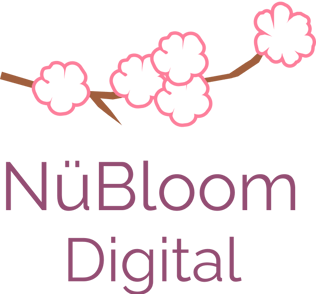Marketing as Psychology
Psychology is the science of the mind and our behaviours, striving to understand how people think and act in different situations. People are naturally social, emotional and cognitive beings. Marketing is all psychological. It becomes how we influence actions, relationships and decision-making and then marketers become behavioural, social and cognitive pseudo-psychologists.
Maya Xian
4/12/20252 min read


Psychology is the science of the mind and our behaviours, striving to understand how people think and act in different situations. People are naturally social, emotional and cognitive beings and so if we think about where to start with marketing, we study people and their behaviours. In this sense, marketing is all psychological. It becomes how we influence actions, relationships and decision-making and then marketers become behavioural, social and cognitive pseudo-psychologists.
When we take into consideration the psychology of our clients, customers and partners, we're able to create messaging that speaks to who we're wanting to work with, helping us determine their wants, needs, fears, motivations and even what they place value on. A common psychological approach to marketing that almost everyone employs is social proof. When we're a consumer, we often rely on the opinions of others when it comes to decision-making and that's exactly why testimonials and reviews are so powerful and exactly why so many brands are willing to invest in influencer collaborations or brand ambassador programmes.
Another psychological approach to marketing is "Limited time only offers" based on the sense of urgency created that something has more value if they're rare or hard to find. If we think back to the pandemic times, the biggest psychological approach to everyone's buying habits was having a scarcity mindset and the thought that toilet paper and flour were hard to get created a sense of urgency in so many people. That's no different to how some people design their marketing campaigns.
Even basic cognitive biases play a huge role in helping people make decisions. The bandwagon effect in 2025 received a rebrand and instead of it being called the bandwagon effect, we call it "what's trending?". Marketing understands that your clientele are not rational beings, they make decisions based on how they feel, even the "well, it was a no-brainer" buy in decision wasn't purely based on logic but the strong element of trust. Marketing is emotional. It can be nostalgic or centred around feelings about family or community. Even the colour psychology in design can significantly help how people perceive a brand or a product.
If we go back to marketing 101, we understand that marketing is not sales, it's about people connecting with you and creating an interested audience so that people know about you. It's about engaging potential customers and building those relationships. Understanding that marketing is psychological means that we can work on what it is that builds customer trust and loyalty.
